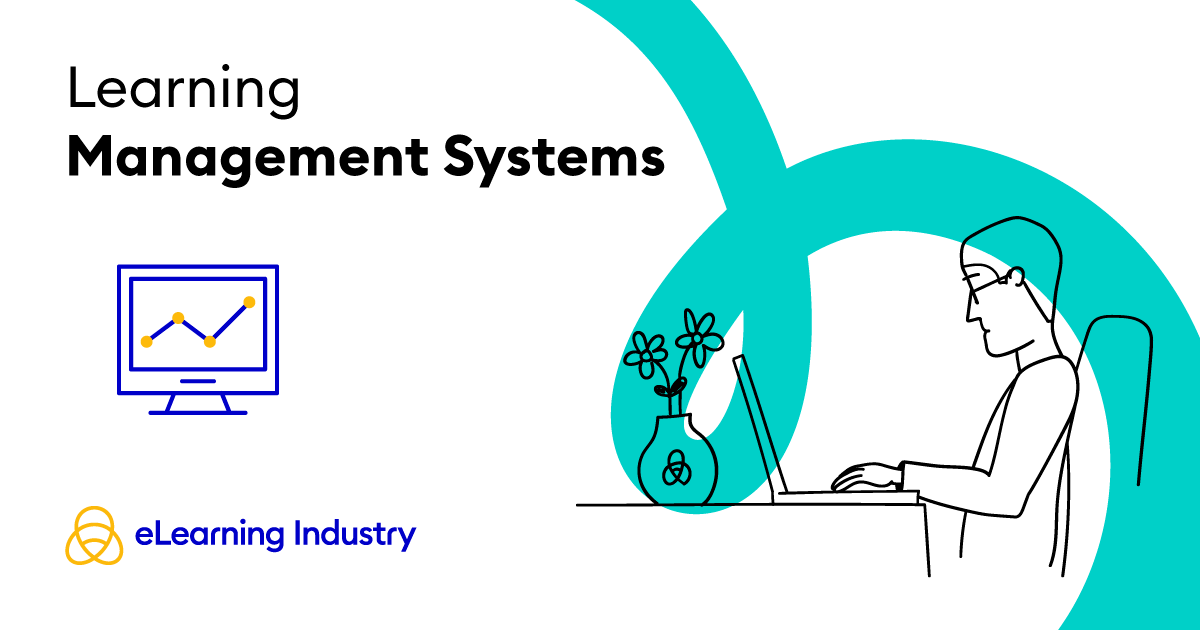Every Little Thing You Required to Find Out About Choosing a Learning Administration System
Picking a proper Understanding Monitoring System (LMS) is an essential choice that can substantially affect the efficiency of your training programs. It involves a detailed understanding of both your organizational requirements and the vital functions offered in various LMS options.
Comprehending Discovering Monitoring Equipment
A significant number of organizations today are acknowledging the worth of Learning Monitoring Equipment (LMS) as essential tools for reliable training and education. An LMS is a software program application designed to promote the management, documentation, tracking, reporting, and delivery of academic programs or training programs. By combining training campaigns into a central platform, companies can streamline processes and enhance discovering experiences.
LMS systems support various finding out methodologies, consisting of e-learning, combined knowing, and instructor-led training. Their flexibility makes them suitable for diverse industries, from company training to scholastic establishments. Via using LMS, companies can deliver regular web content, guaranteeing that employees and learners have access to the required sources regardless of location.
Moreover, LMS options frequently integrate functions that make it possible for analytics and reporting, enabling organizations to assess the performance of their training programs. This data-driven method empowers organizations to make informed decisions relating to educational program modifications and resource allocation - Canvas Singapore. Ultimately, the adoption of an LMS can lead to increased student engagement, boosted retention prices, and enhanced total performance, declaring its status as a crucial part of modern-day instructional approaches
Secret Attributes to Take Into Consideration
When choosing a Learning Monitoring System, organizations must prioritize certain functions that align with their training objectives and individual demands. User-friendliness is necessary; a system with an intuitive interface can boost student interaction and decrease the time needed for training managers.
An additional important attribute is robust reporting and analytics capacities, enabling companies to track learner development, conclusion rates, and assessment results. This information is vital for refining training programs and demonstrating ROI.
Additionally, mobile compatibility is progressively crucial as learners like accessing web content on numerous devices. A receptive LMS ensures that training is available anytime, anywhere, consequently enhancing versatility.
Content monitoring performance is also crucial; the LMS ought to support different material types, including videos, tests, and interactive components, to cater to different discovering styles.

Assessing Your Company's Demands
Determining a company's unique training requirements is crucial for choosing the appropriate Understanding Monitoring System (LMS) To begin this evaluation, organizations should conduct a detailed evaluation of their existing training landscape, including existing programs, participant demographics, and particular learning goals. This procedure aids highlight strengths and voids in current offerings, assisting the choice of an LMS that lines up with organizational objectives.
On top of that, consider the kinds of material to be provided, such as e-learning modules, conformity training, or mixed knowing experiences. Comprehending the preferred delivery methods and learning styles of staff members is crucial for effective training interaction. Companies must assess their technological framework, ensuring compatibility with the possible LMS.
It is likewise vital to include vital stakeholders in this evaluation process. Involving instructors, IT personnel, and end-users can give useful insights right into their needs and preferences. Additionally, establish clear metrics for success, such as student complete satisfaction and knowledge retention, to assist measure the efficiency of the chosen LMS. By thoroughly examining these variables, companies can make enlightened choices, ensuring their chosen LMS efficiently meets their training demands and improves overall performance.
Contrasting Different LMS Options
Numerous Understanding Management System (LMS) options are offered in the marketplace, each offering distinct features and functionalities that satisfy diverse business demands. When comparing LMS options, companies need to consider numerous important factors. First, the customer interface and experience are paramount; an user-friendly design can substantially influence user interaction and fostering rates.
2nd, review the scalability of the LMS. As your company expands, the system needs to suit an enhancing number of users and content without jeopardizing efficiency. Third, integration capabilities are essential; the LMS should effortlessly attach with existing devices, such as HR systems, CRM systems, and content collections, to enhance functionality.
Additionally, consider the customization choices available. An LMS that enables tailored branding, program development, and reporting can better straighten with particular organizational goals. Additionally, pricing designs vary widely, so it is important to analyze the total expense of possession, including licensing fees, upkeep, and support.

Implementation and Support Techniques
Successfully carrying out a more information Discovering Monitoring System (LMS) requires a critical strategy that encompasses thorough planning and continuous assistance. Begin by developing clear objectives that align with your organization's educational objectives. Involve essential stakeholders and form a committed execution team to help with interaction and collaboration throughout the process.
Following, select a phased rollout approach to minimize disturbance. Beginning with a pilot program involving a smaller sized customer group, enabling for real-time feedback and modifications. Supply thorough training to ensure individuals are comfy with the LMS performances and features. LMS Singapore. This action is crucial for fostering customer fostering and satisfaction.
Post-implementation assistance is similarly crucial. Develop a robust support group that consists of helpdesk sources, individual manuals, and training sessions. Consistently collect feedback from users to identify areas for enhancement. In addition, consider producing a neighborhood discussion forum for users to share experiences and options.
Conclusion
Finally, selecting an ideal visit Discovering Administration System demands an extensive examination of organizational demands and offered choices. Secret functions, consisting of interface, reporting capacities, and assimilation possibility, play a vital function in improving the discovering experience. Furthermore, a well-planned application technique and continuous support are vital for making the most of user fulfillment. By very carefully taking into consideration these aspects, organizations can guarantee effective training delivery and ultimately achieve their instructional purposes with the selected LMS.
A substantial number of organizations today are identifying the value of Understanding Administration Systems (LMS) as crucial tools for reliable training and education.In addition, LMS options Continue often include features that allow analytics and reporting, enabling companies to evaluate the performance of their training programs.Identifying a company's unique training demands is crucial for choosing the appropriate Knowing Monitoring System (LMS) By meticulously examining these variables, organizations can make educated choices, ensuring their selected LMS properly meets their training needs and improves total performance.
By very carefully taking into consideration these factors, organizations can make certain effective training delivery and inevitably accomplish their instructional goals via the chosen LMS.